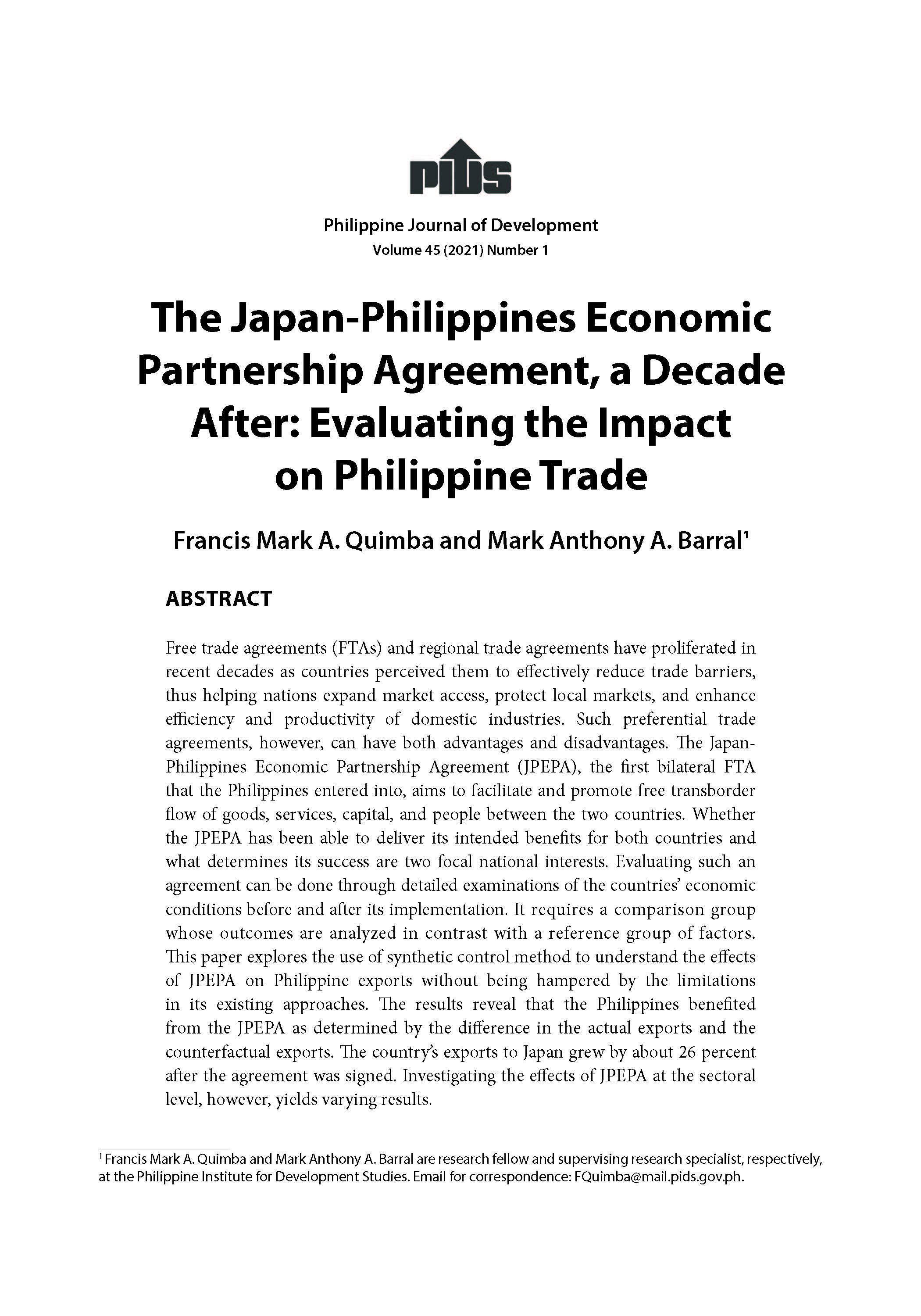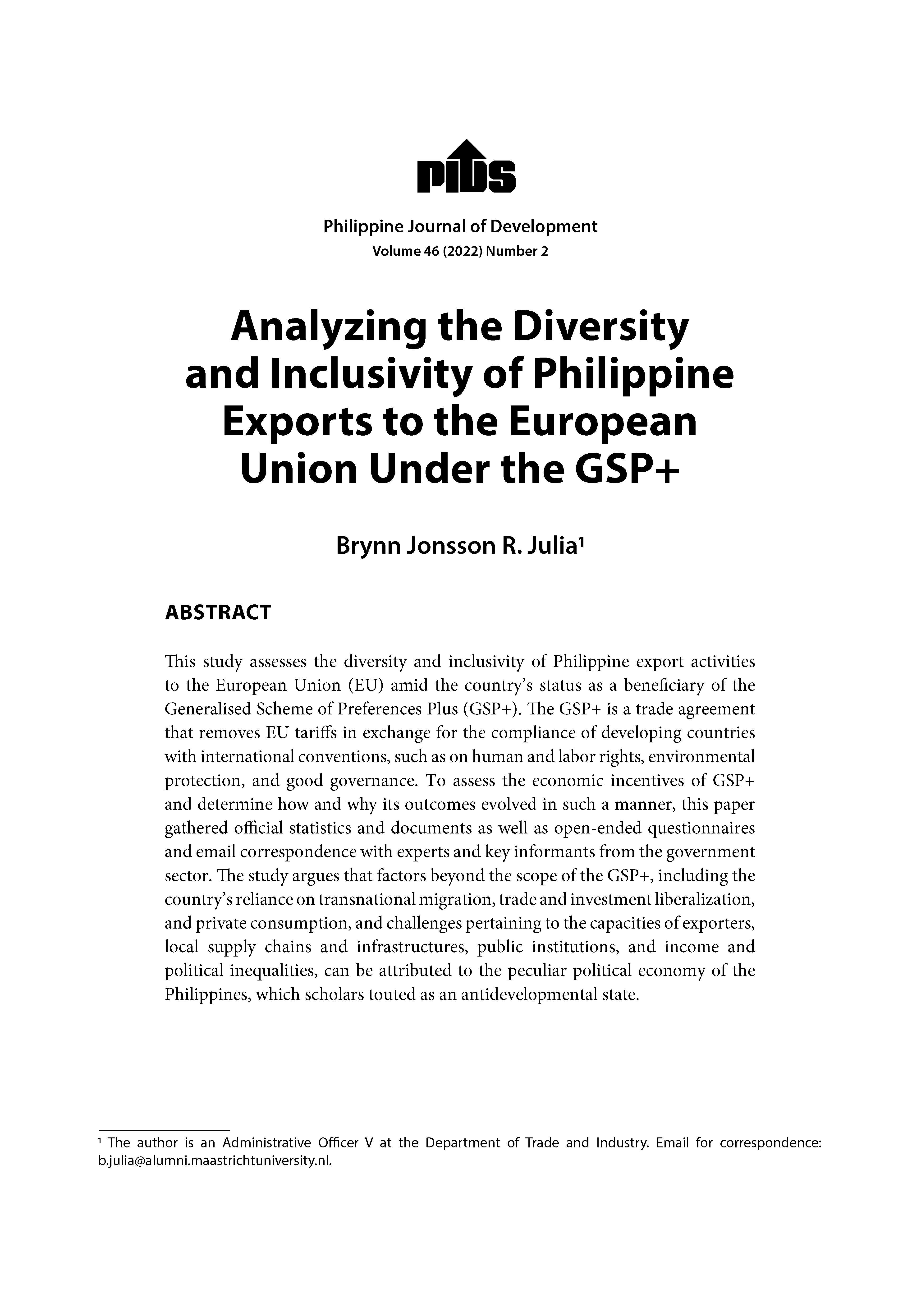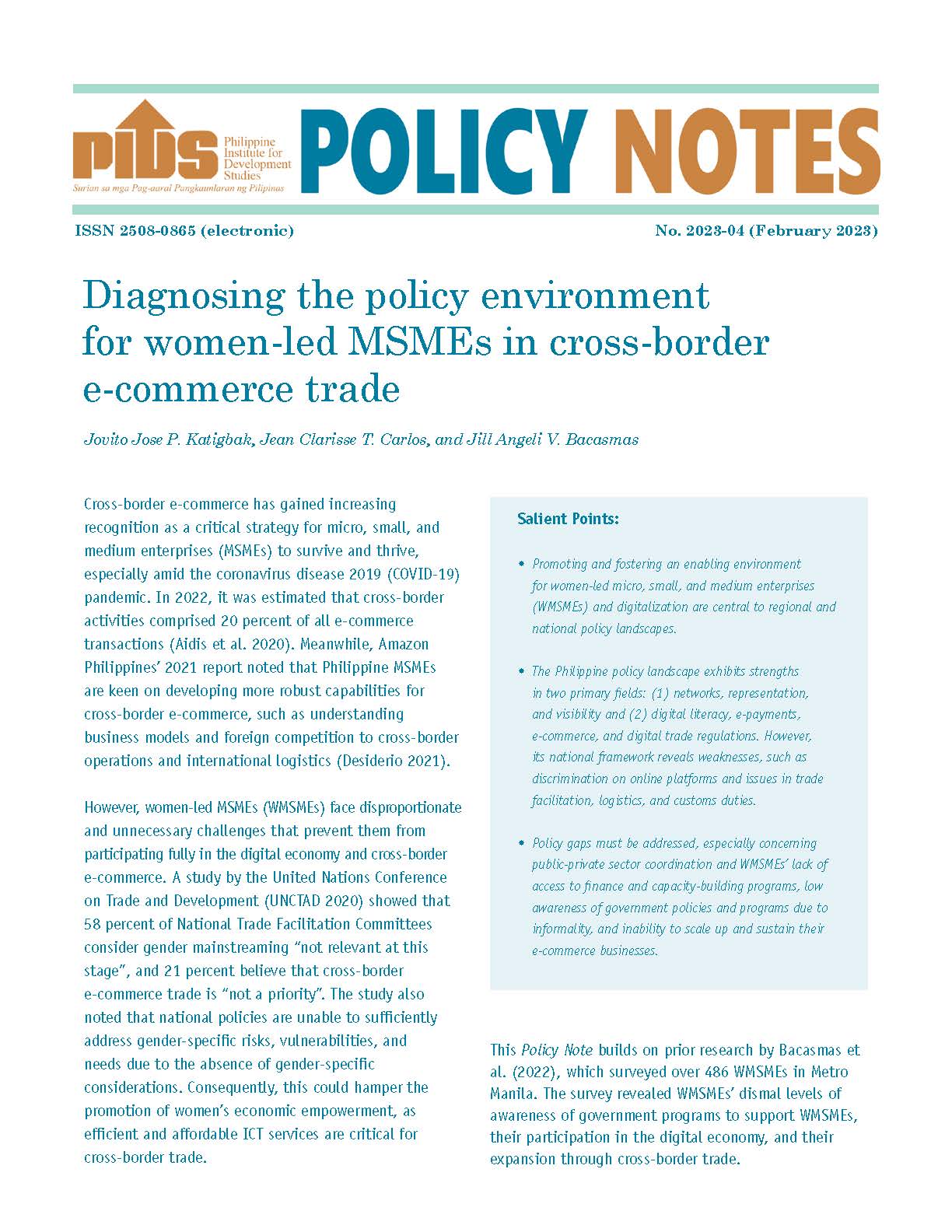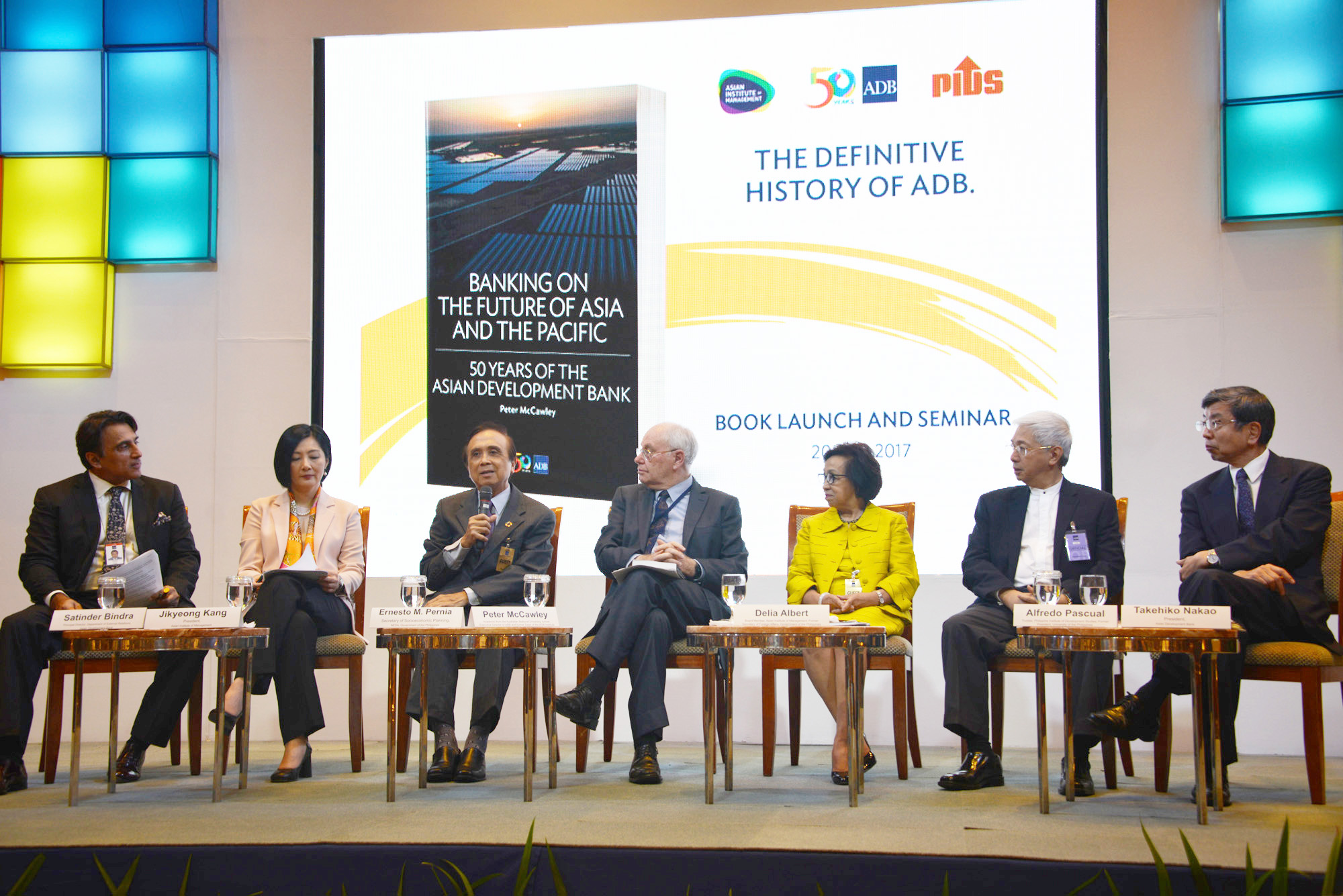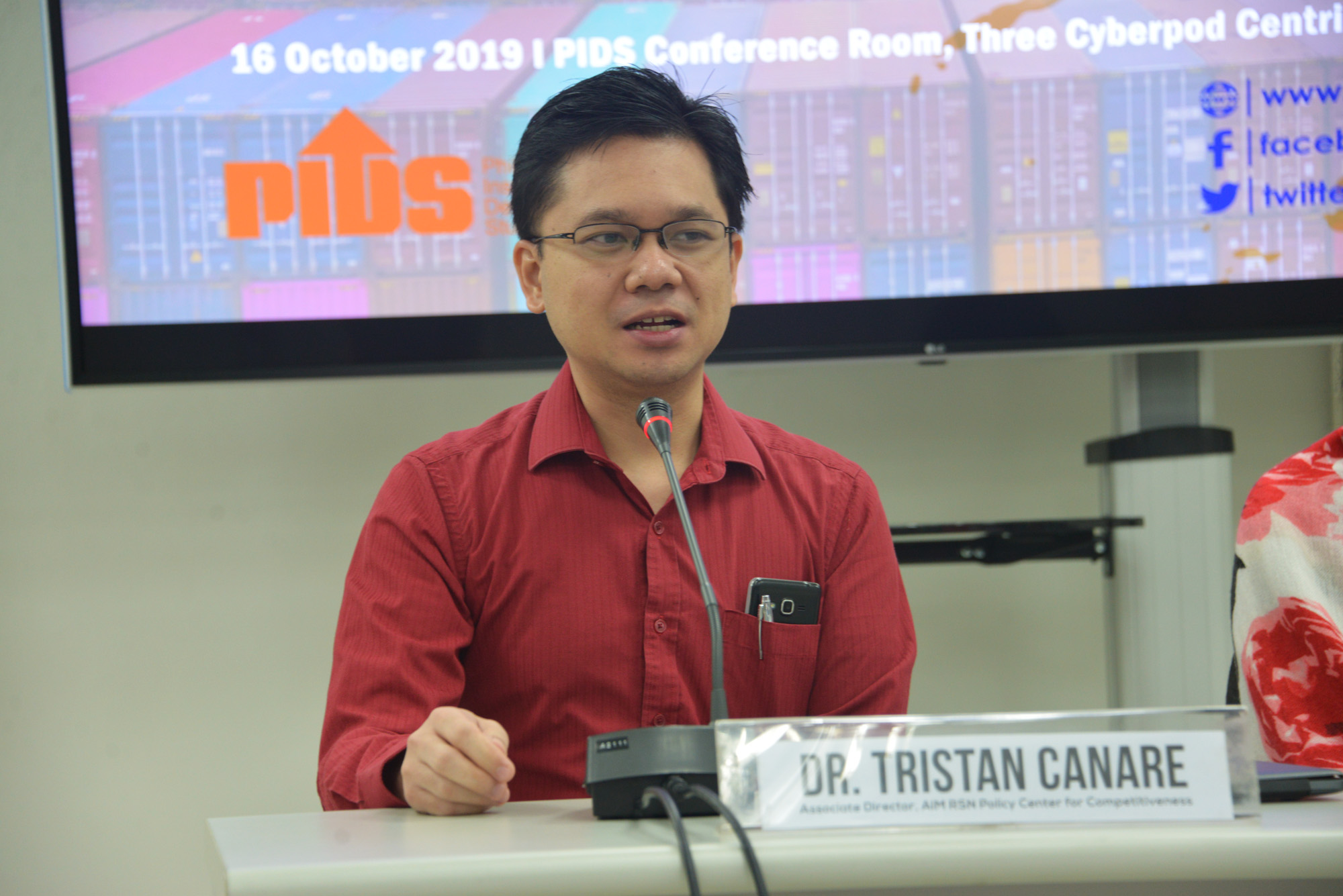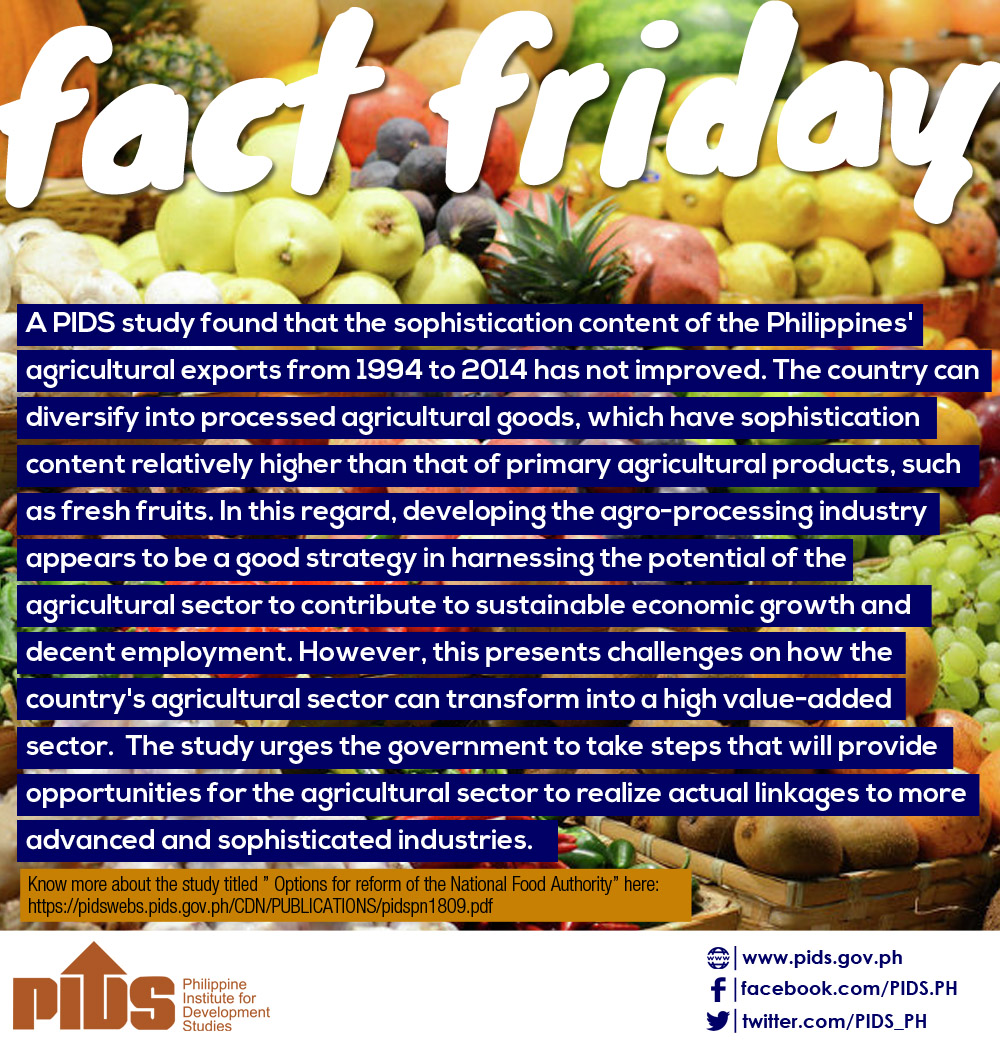MANILA – Small and medium enterprises (SMEs) owners and managers in the export industry are encouraged to comply with regulatory requirements and quality standards and adapt to changing market conditions and preferences to boost sales.
A research paper series published by the Philippine Institute for Development Studies (PIDS) identified compliance with regulatory requirements and quality standards, both in the Philippines and potential export market destinations, as among main challenges for SMEs in linking to global value chains (GVCs).
These standards include certifications on the use of certain production processes and inputs that improve the product's quality to make it compliant with regulations in export markets.
The paper underscored the need to comply with these standards as it improves the quality of the product, thereby increasing its chances to penetrate the international market.
It said conformity with certain non-regulatory standards, such as organic production, allows the producer to participate in the higher-value segment of the GVC.
"Compliance with these standards allowed them to produce higher-value products that, in turn, helped them earn more revenues," it added.
The paper cited several reasons why many Philippine SMEs find it difficult to comply with international standards and regulations, including access to finance, lack of access to skilled labor, and the absence of an entrepreneurial mindset.
"Many SMEs are reluctant to invest and take out loans. This aversion to risk among SMEs is caused by their lack of a fallback and safety nets in case their investments produce negative returns," it said.
To improve credit terms of SME loans, it urged policymakers to improve loan terms, such as longer repayment periods.
The paper said it is also imperative for SMEs to adapt to changing market conditions and consumer preferences in export markets to increase sales.
A research paper series published by the Philippine Institute for Development Studies (PIDS) identified compliance with regulatory requirements and quality standards, both in the Philippines and potential export market destinations, as among main challenges for SMEs in linking to global value chains (GVCs).
These standards include certifications on the use of certain production processes and inputs that improve the product's quality to make it compliant with regulations in export markets.
The paper underscored the need to comply with these standards as it improves the quality of the product, thereby increasing its chances to penetrate the international market.
It said conformity with certain non-regulatory standards, such as organic production, allows the producer to participate in the higher-value segment of the GVC.
"Compliance with these standards allowed them to produce higher-value products that, in turn, helped them earn more revenues," it added.
The paper cited several reasons why many Philippine SMEs find it difficult to comply with international standards and regulations, including access to finance, lack of access to skilled labor, and the absence of an entrepreneurial mindset.
"Many SMEs are reluctant to invest and take out loans. This aversion to risk among SMEs is caused by their lack of a fallback and safety nets in case their investments produce negative returns," it said.
To improve credit terms of SME loans, it urged policymakers to improve loan terms, such as longer repayment periods.
The paper said it is also imperative for SMEs to adapt to changing market conditions and consumer preferences in export markets to increase sales.

